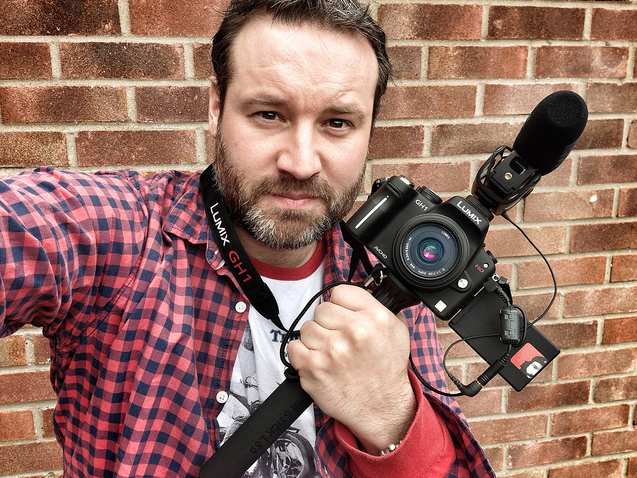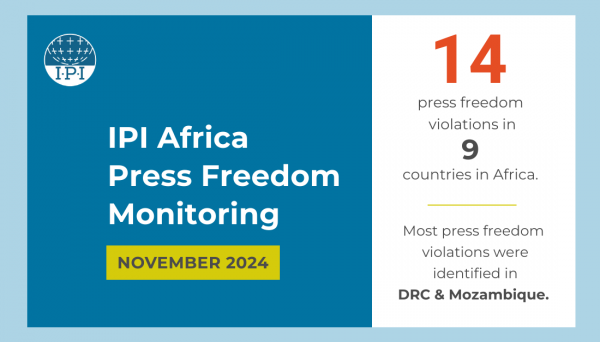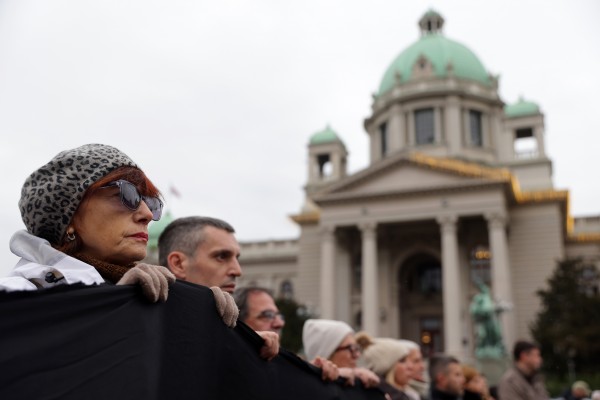Communicating with encrypted channels carries a number of benefits, such as “the feeling that you have a private space [which] means that you can communicate freer, there is more democracy in your thoughts and in your mind”. That is one the main forces that multimedia journalist Christian Payne says drove him to adopt encryption in his daily work long time ago.
Christian Payne – founder of Documentally.com (@Documentally), a multimedia journalism trainer and a regular contributor to The Guardian (UK), among many other leading media outlets – recently spoke with IPI Digital Media Coordinator Javier Luque amid the backdrop of a Master Class in Cyber Threats at the UNICRI in Torino that Payne was leading.
In the interview, Payne stressed the importance for journalists to encrypt their private data not only as a countermeasure to keep it from leaking, but also because any journalist is “duty-bound to protect your sources”.
As social media platforms have become a key player in spreading the news, Payne indentified verifying the content that is posted on social media as one of the main challenges journalists face.
“Bear in mind that not everybody is who they say they are online and when you say something it can be shared very quickly around the world,” he said. “So you stick to your normal journalism training, and you make sure that when that link goes to Twitter or wherever it is you are sharing, it’s fact, it’s a verified fact and you would stand by that as it goes all around the world within a couple of seconds.”



